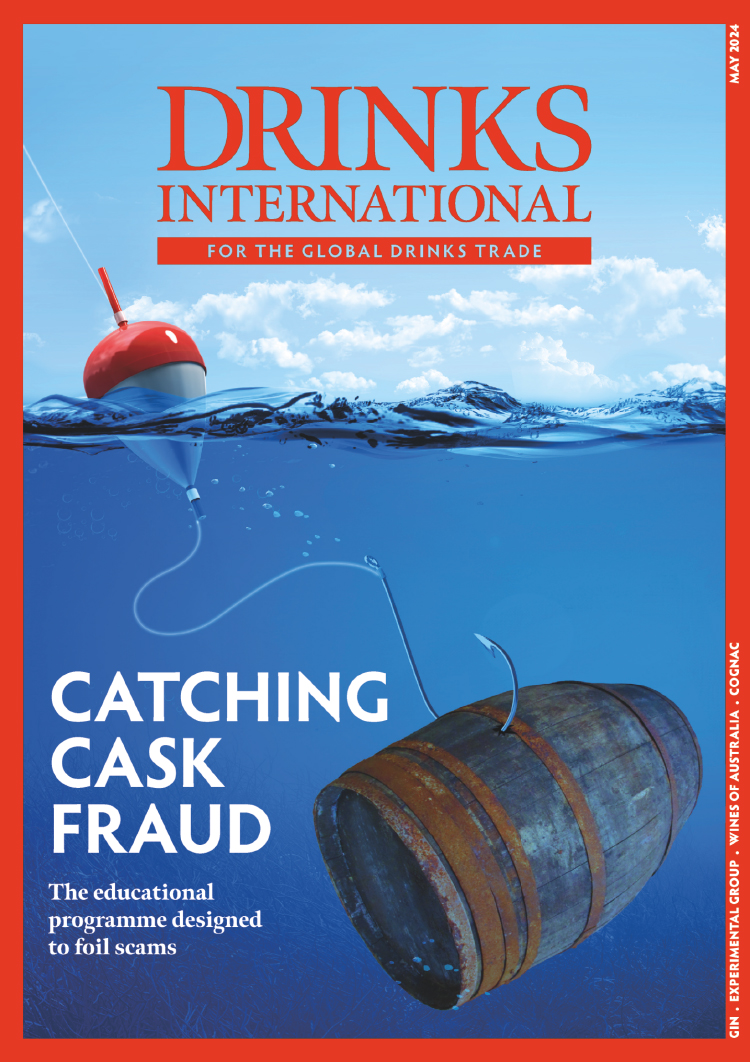“We think that how the rum is aged should be clearly stated on the label for the consumer to be educated. The consumer can then make their own personal decision. Plantation Rum labels already contain significant information for the consumer about our rums, our production practices, our ageing process and age statement.”
On the case of added sugar, Hassell adds: “We have documents dating back to the 19th century to support our stance on traditional rum making. Looking at these old documents there’s nothing that says rum cannot have added sugar from sugar cane and ultimately rum is made from sugar, we don’t think you should be using artificial sweeteners, but if it’s from sugar cane then sure.
“We’re not talking about using sugar to hide defunct spirits, because adding a little bit of sugar can actually enhance the flavour of rum. There are many rums we produce that don’t have added sugar, but of course for those that do it should be clearly marked on the labels.”
In regard to using a local water source, WIRD said in a statement last year: “Archives show that there are historical references to rum being fermented using a hint of sea water. This is a tradition that we value, continue to apply, and want to perpetuate. Salt does not pass through the distillation process. Rather, it creates a specific environment for the fermentation.
“We will continue to fight to protect the entire heritage of Barbados rum and we encourage you to know all the facts and join us. The future of the diversity of Barbados rum depends on this GI outcome.”
The proposals put forward in late 2019 from the three brands make a lot of sense, but are not nearly inclusive of the rums made at WIRD. This leaves the Barbados government in a tricky situation as it would make no sense trying to protect Barbados rum while simultaneously banning its biggest producer from baring the country’s name on the bottle.
When George Stade introduced his column still to the island in the late 1800s it was not considered traditional at the time. However, it revolutionised rum production, and today all four distilleries on the island use a form of column distillation to make their rums.
While there’s no question a GI is essential for the future of Barbadian rum’s integrity, a little compromise from both sides could go a long way towards achieving this common goal.
PROPOSED GI
- Must be matured entirely on Barbados
- Can use any type of still and fermentation techniques
- Must use fresh juice, syrup or molasses from sugar cane only
- Can use any yeast, but saccharomyces strain must be native
- Age statement must be the reflection of the youngest age rum of the blend
- Must use fresh water from Barbados
- Must be matured in new oak or in refill casks from a list of recognised wine and spirit denominations
- Must not use sugar additives nor flavouring. Barbados rum with additives will be considered under the ‘spiced rum’ definition
- Caramel colour, under strict guidelines, can be used for consistency




